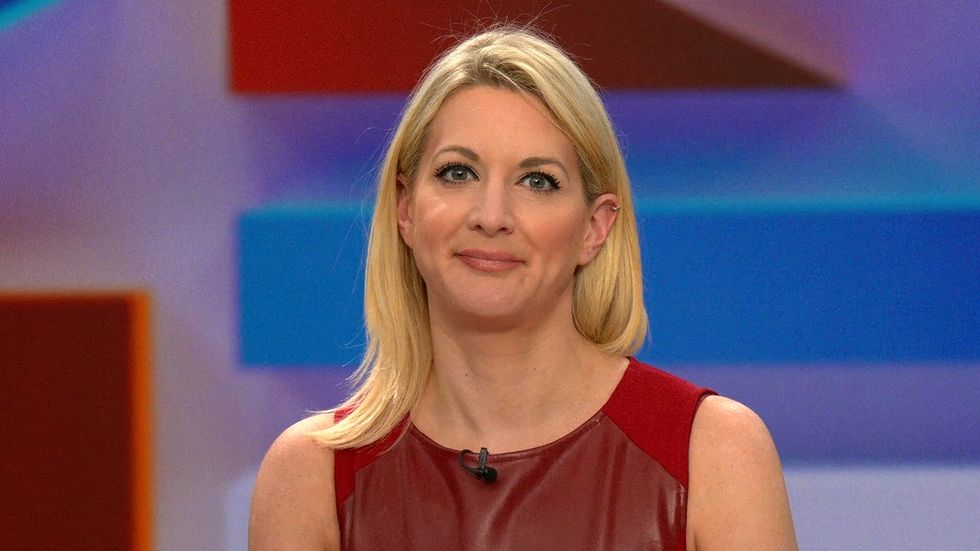Alex Phillips: Is cancel culture killing comedy?


By Alex Phillips
Published: 04/11/2021
- 16:39Updated: 04/11/2021
- 16:41This perverse translation of cheer into challenge is deeply worrying, and affects us all. For when the laughter stops, it really is no laughing matter
Don't Miss
Most Read
Laughter is the best medicine, goes the old adage.
Throughout the history of humanity, comedy has been a bonding experience, something shared, usually in kindness and jest, a way of breaking down barriers and building bridges, of de-stressing a situation or making light of sadness. A touch of comic relief.
From Aristophanes, to Shakespeare, Molliere to Michael McIntyre, humans have devised many forms of humour through satire to sarcasm, slapstick to situational, stand up to sit coms, spoofs to sketches, the art of laughter has been a long standing and vital tradition in every language of the world.
Well not any more. It seems that Woketiers want to gag gags, ban banter and make us all quit wit.
A conveyor belt of comics have voiced their concerns about censorship creep in their industry. John Cleese, Jennifer Saunders, Ricky Gervaise and Billy Connelly to name a few who have voiced concern at the prickly, overly sensitive response to humorous content by a minority in society determined to whip up synthetic offense.
Dave Chapelle has been in the news lately, playing to the gallery with routines on subjects he knows will trigger backlash, having been the subject of a cancel campaign over his previous Netflix shows and determined not to back down.
But with so much humour apparently now off limits alongside the ever growing litany of offensive subject matters and trigger warnings on anything made a second before yesterday, what can and can’t equip a quip today is so complex, it’s easier for everyday folk to not even try lest risk upsetting someone.
But what about those to whom it’s a livelihood? But the greatest risk of comedy cancel culture is the disturbing common denominator of assumed unpleasantness, that no matter the butt of the joke, it is automatically taken not to be good natured, but designed to hurt, undermine and mock.
This perverse translation of cheer into challenge is deeply worrying, and affects us all. For when the laughter stops, it really is no laughing matter.
We need to talk about comedy.










